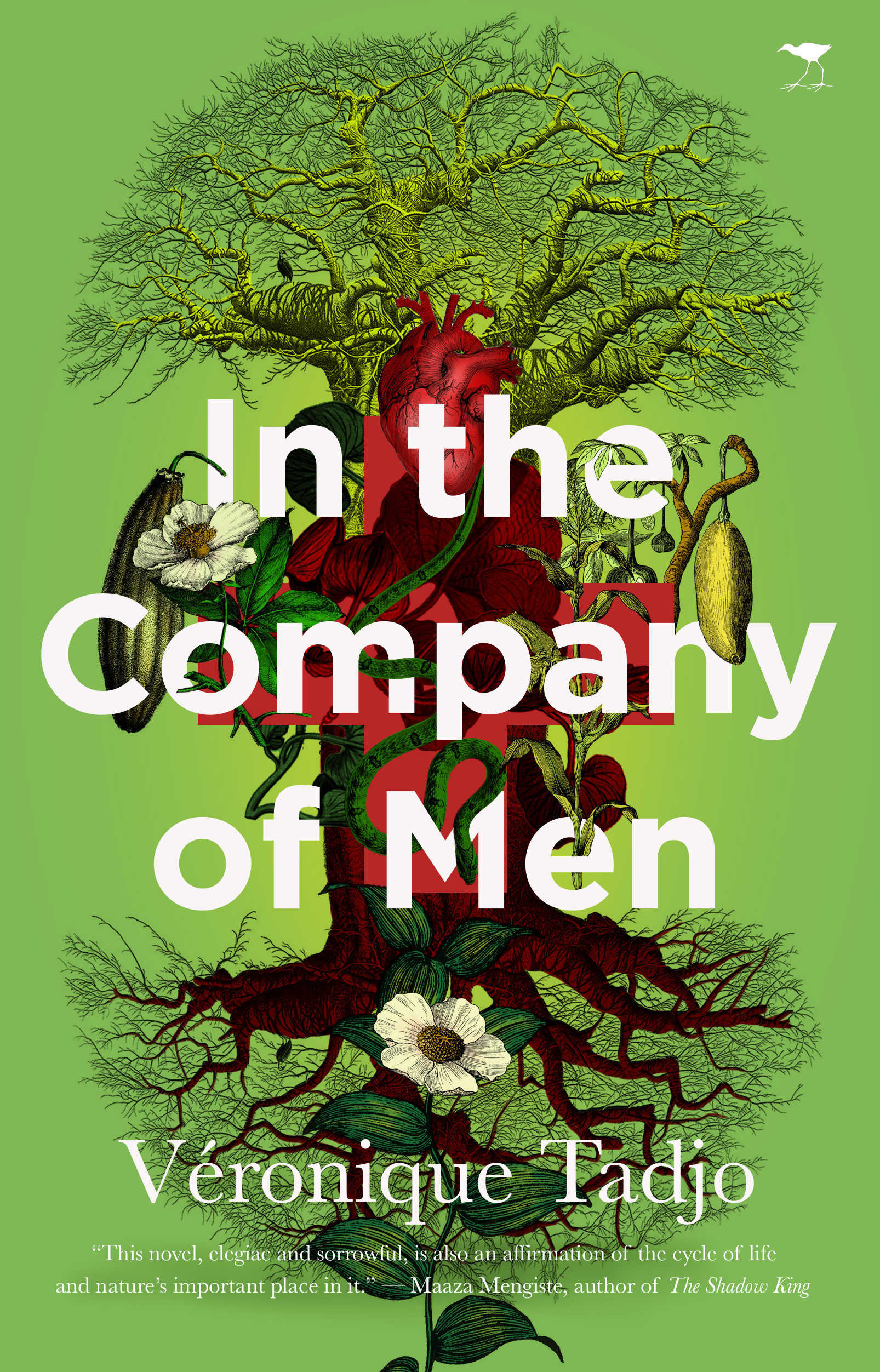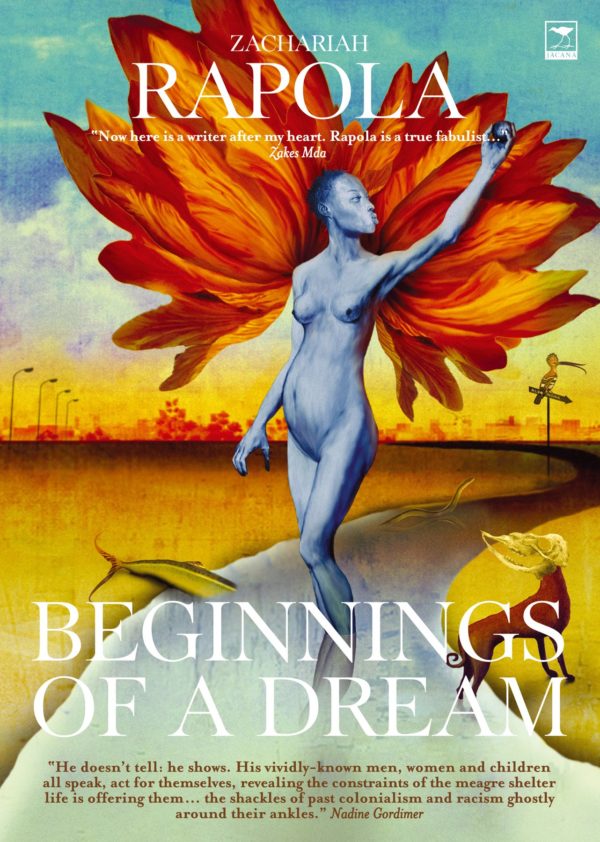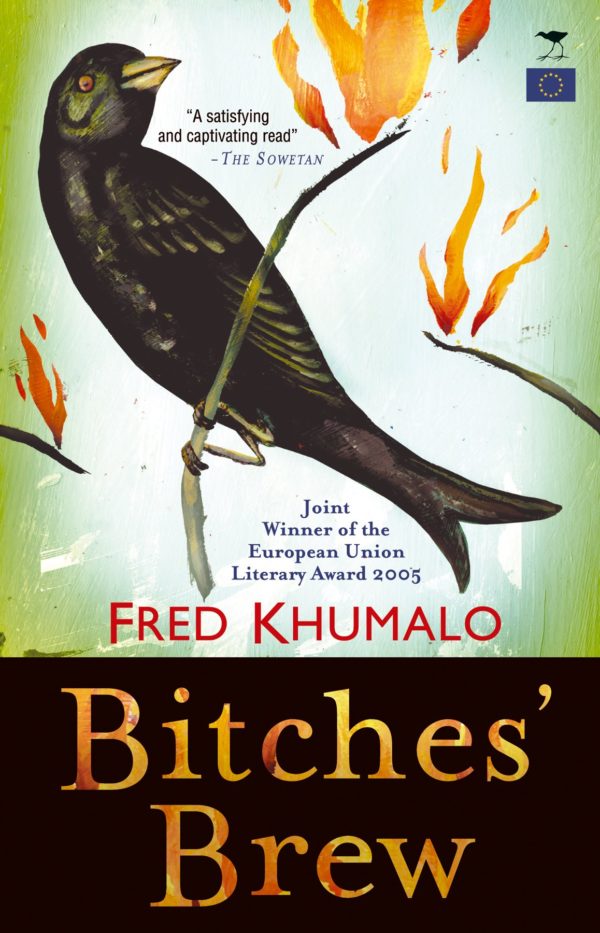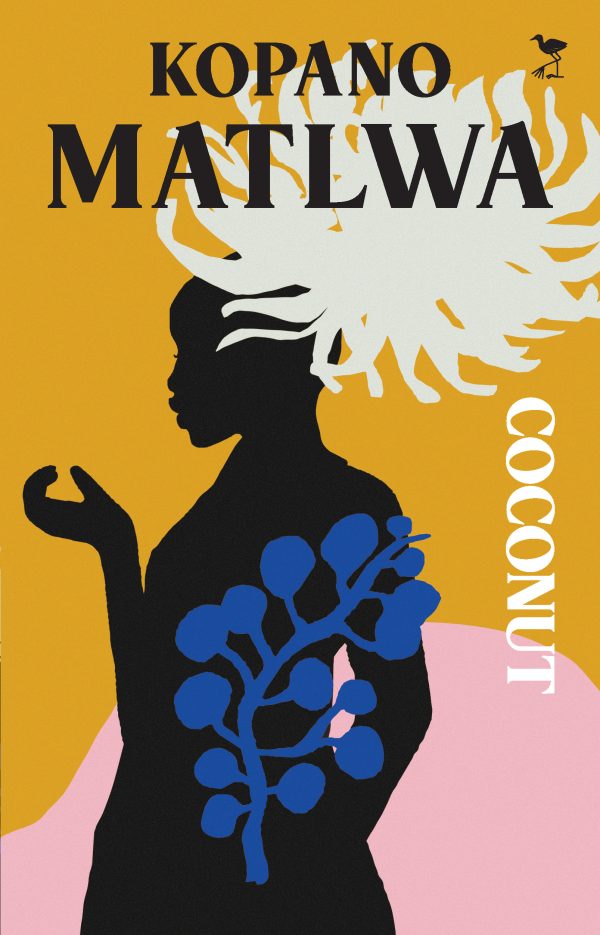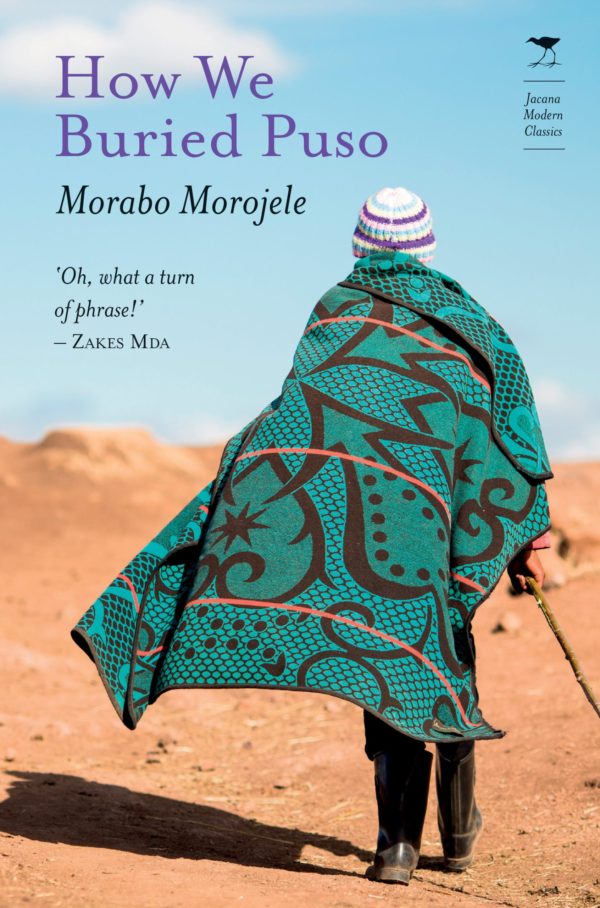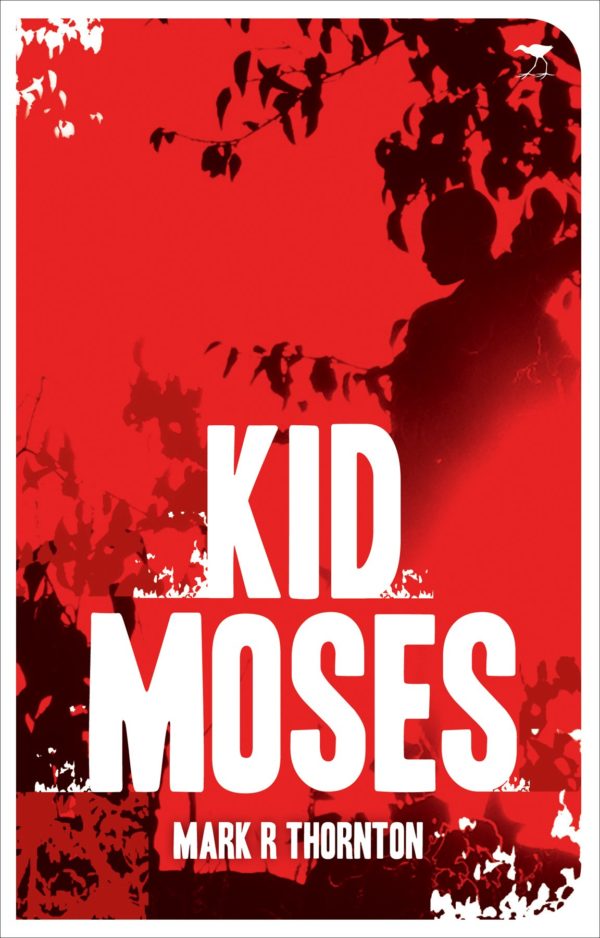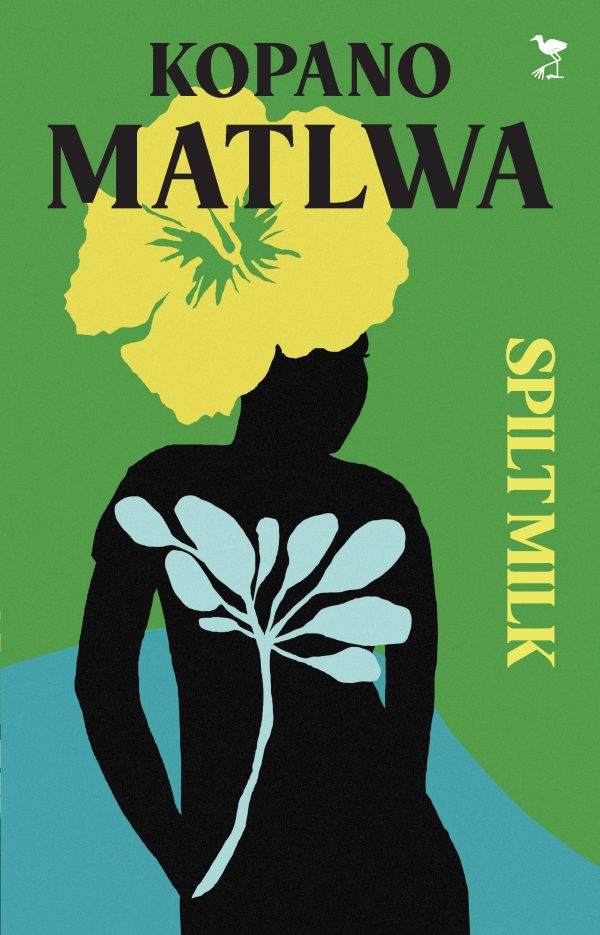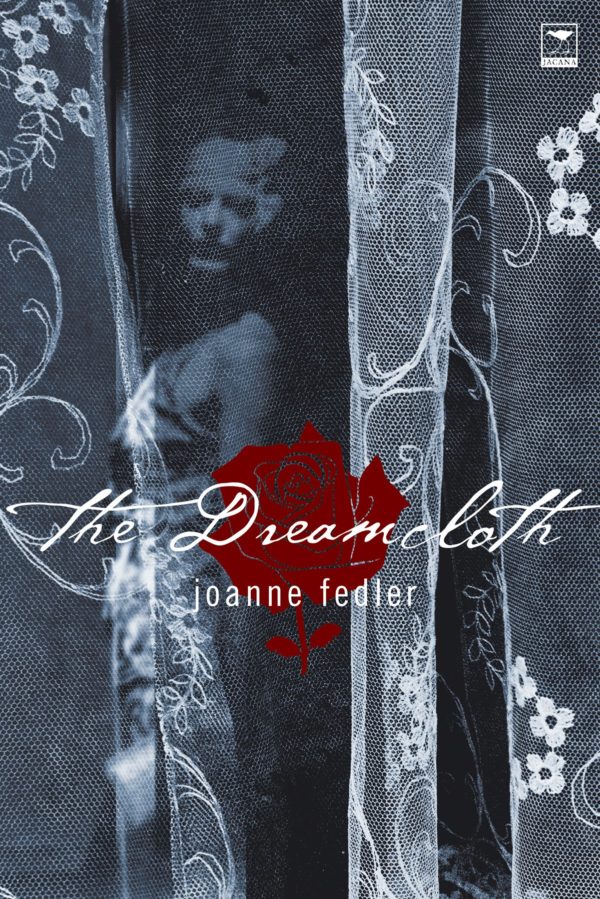In the Company of Men
R240.00
“This novel, elegiac and sorrowful, is also an affirmation of the cycle of life and nature’s important place in it.” – Maaza Mangiste, author of The Shadow King
“When a patient is allowed to go home, it makes me happy. He or she receives new clothes, since everything worn on arrival at the centre has been incinerated. The patient is also given some food, vitamins, a small amount of money and a certificate of good health, which should help with restarting a normal life. When I see a smile on a patient’s face, I tell myself that I’ve done my duty. The things I go through in the Ebola centre are extremely distressing, but I’ve never known anything more gratifying than alleviating human suffering.”
In a series of moving snapshots, Véronique Tadjo illustrates the terrible extent of the Ebola epidemic, through the eyes of those affected in myriad ways: the doctor who tirelessly treats patients day after day in a sweltering tent, protected from the virus only by a plastic suit; the student who volunteers to work as a gravedigger while universities are closed, helping the teams overwhelmed by the sheer number of bodies; the grandmother who agrees to take in an orphaned boy cast out of his village for fear of infection. And watching over them all is the ancient and wise Baobab tree, mourning the dire state of the earth yet providing a sense of hope for the future.
Drawing on real accounts of the Ebola outbreak that devastated West Africa, this poignant and, given the pandemic, timely fable reflects on both the strength and the fragility of life and humanity’s place in the world.
Out of stock
“This novel, elegiac and sorrowful, is also an affirmation of the cycle of life and nature’s important place in it.” – Maaza Mangiste, author of The Shadow King
“When a patient is allowed to go home, it makes me happy. He or she receives new clothes, since everything worn on arrival at the centre has been incinerated. The patient is also given some food, vitamins, a small amount of money and a certificate of good health, which should help with restarting a normal life. When I see a smile on a patient’s face, I tell myself that I’ve done my duty. The things I go through in the Ebola centre are extremely distressing, but I’ve never known anything more gratifying than alleviating human suffering.”
In a series of moving snapshots, Véronique Tadjo illustrates the terrible extent of the Ebola epidemic, through the eyes of those affected in myriad ways: the doctor who tirelessly treats patients day after day in a sweltering tent, protected from the virus only by a plastic suit; the student who volunteers to work as a gravedigger while universities are closed, helping the teams overwhelmed by the sheer number of bodies; the grandmother who agrees to take in an orphaned boy cast out of his village for fear of infection. And watching over them all is the ancient and wise Baobab tree, mourning the dire state of the earth yet providing a sense of hope for the future.
Drawing on real accounts of the Ebola outbreak that devastated West Africa, this poignant and, given the pandemic, timely fable reflects on both the strength and the fragility of life and humanity’s place in the world.
| Dimensions | 212 × 136 × 30 mm |
|---|---|
| Author | |
| Author Information |
Véronique Tadjo is a writer, academic, artist and scholar. Born in Paris, she grew up in Abidjan, where she did most of her studies. She holds a doctorate in African American studies from the Sorbonne and was a Fulbright Scholar at Howard University. She has won several literary awards and was professor of French at Wits University. |
| ISBN |
9781431431663 |
| Year of Publication | |
| Month of Publication | |
| Language | |
| Imprint | |
| Format |
Deliveries Within South Africa
Free shipping for all orders over R600.
R80.00 flat rate for all orders less than R600.
International Shipping
If you want your order shipped anywhere outside of South Africa, please email websiteorders@jacana.co.za with the list of titles and physical delivery address and contact number. Our team will be in touch to advise on the cost and when you could expect to receive it.
If you are ordering from a country outside of South Africa, please complete your purchase as directed. You will then be contacted by one of our admin team to arrange shipping and delivery to wherever needed.
December Holiday Season
Our last, full (24hr) trading day is 22 December 2020 and we’ll be back to work 6 January 2021. Any orders placed between 18 December 2020 and 5 January 2021 will only be despatched from the warehouse on our return.

